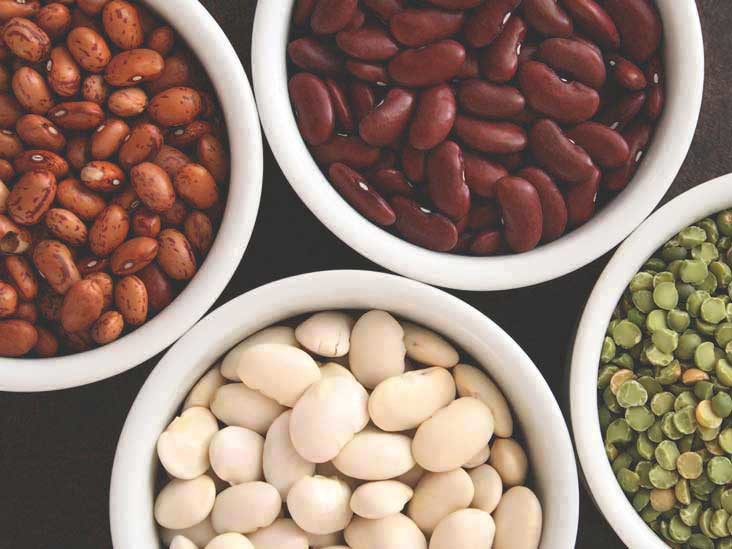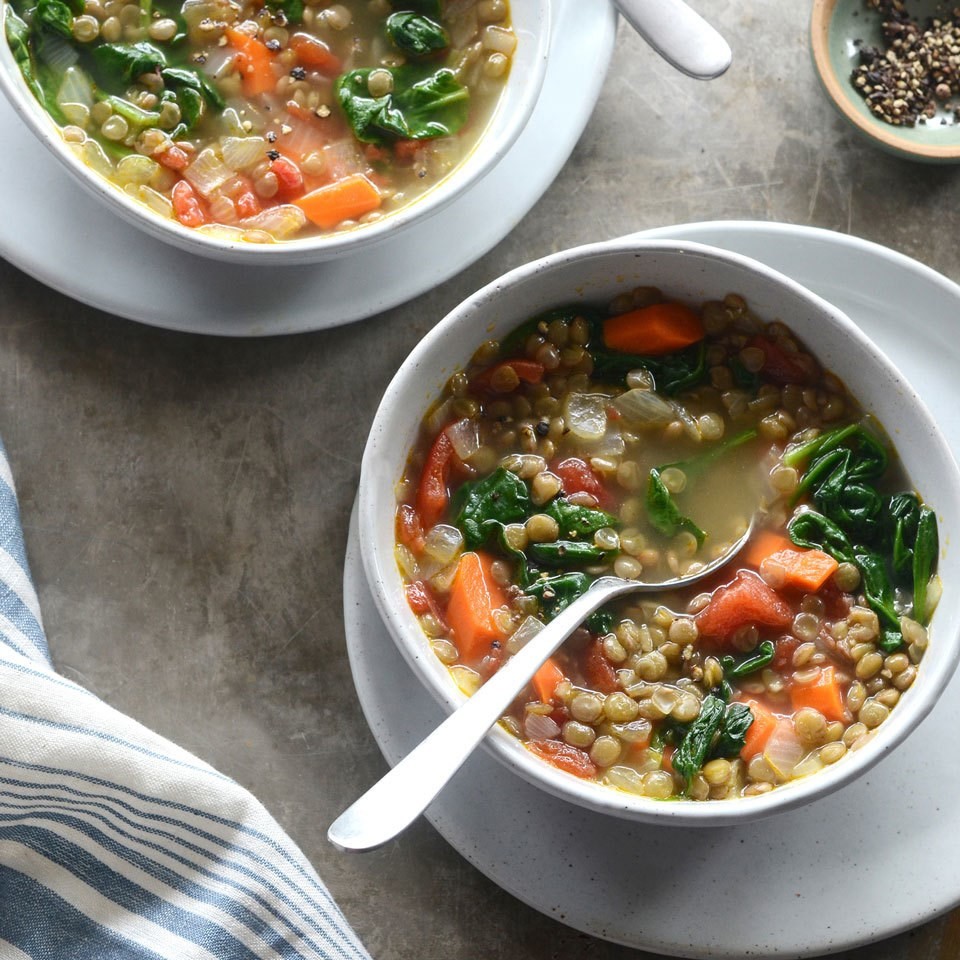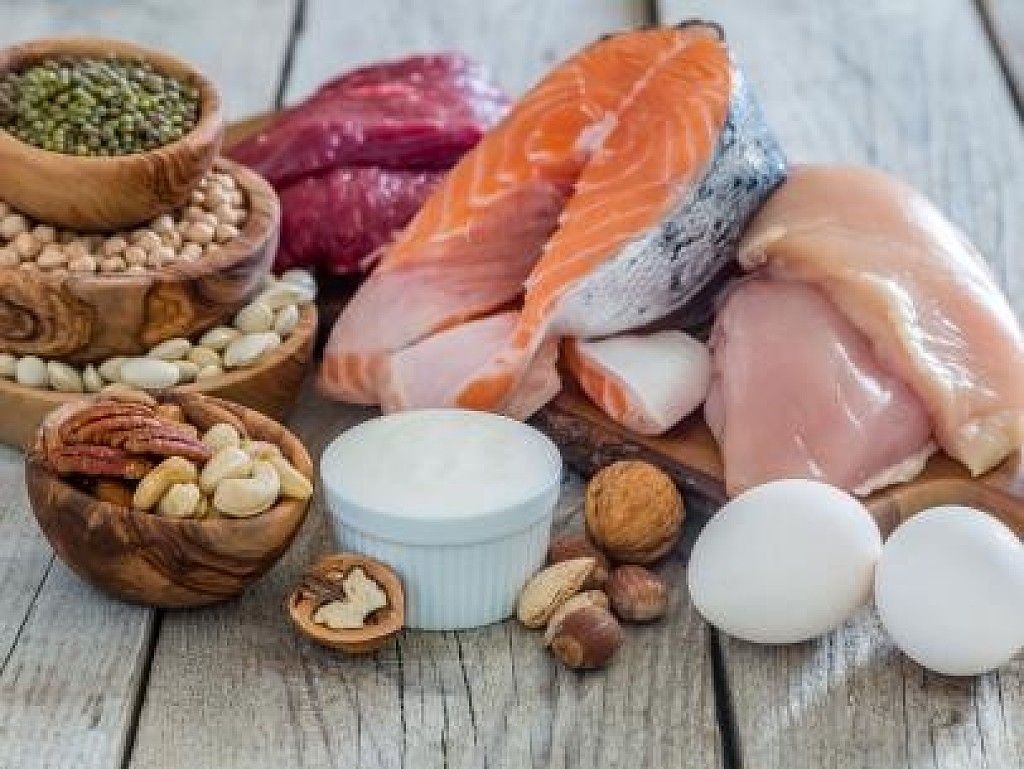Running News Daily
Running News Daily is edited by Bob Anderson. Send your news items to bob@mybestruns.com Advertising opportunities available. Train the Kenyan Way at KATA Kenya and Portugal owned and operated by Bob Anderson. Be sure to catch our movie A Long Run the movie KATA Running Camps and KATA Potato Farms - 31 now open in Kenya! https://kata.ke/
Index to Daily Posts · Sign Up For Updates · Run The World Feed
Protein sources are the best for your heart and immune system
Protein is vital to build and repair body tissue and fight viral and bacterial infections. Immune system powerhouses such as antibodies and immune system cells rely on protein and a good way to get heart-healthy. Too little protein in the diet may lead to symptoms of weakness, fatigue, apathy, and poor immunity.
Plant and animal proteins:
But it's just as important—perhaps even more so—to focus on the source rather than the amount of protein you're eating. Plant-based protein sources (beans and nuts) also include healthy unsaturated fats and fiber, both of which help lower harmful LDL cholesterol levels. Fiber also helps lower blood pressure, and most Americans are woefully short on this key nutrient.

Most animal-based protein sources contain saturated fat, which is less healthy than unsaturated fat. Red meat and eggs also contain a compound called carnitine that, when broken down by gut bacteria, forms a substance that's been linked to hardening of the arteries. Certain types of fish, on the other hand, are rich in omega-3 fatty acids, which may help prevent blood clots, calm dangerous heart rhythms, and lower blood pressure.

Below are additional tips on various protein-rich foods.
Legumes (beans and peas). If it grows in a pod, it's a legume. Choose from black beans, garbanzos, pintos, split peas, and many more—including soybeans, which come in a variety of forms, such as fresh whole green beans (edamame), soy milk, and tofu. Eating beans has been linked to a lower risk of heart disease. Add them to soups, stews, or salads, or try bean-based dips such as hummus.
Nuts. These include walnuts, almonds, cashews, pistachios, and a host of others, including peanuts (though they're technically a legume). People who eat nuts regularly may be less likely to die of heart disease than those who rarely eat nuts. Eat a small handful (about a quarter-cup) a day.
Fish and shellfish. Fatty fish such as salmon and tuna are a good way to get heart-healthy omega-3 fatty acids, and people who eat fish may have fewer heart attacks than those who avoid it. For this reason, the American Heart Association recommends eating at least two servings a week. Other varieties of fish and seafood are good sources of protein as well and often low in fat.
Dairy products (milk, yogurt, and cheese). Because dairy contains saturated fat, experts have long recommended choosing low-fat or nonfat versions. However, most studies show no link between heart disease risk and dairy products, regardless of milk fat levels. The national dietary guidelines recommend two to three servings of dairy products daily, but Dr. Willett advises sticking to one to two servings daily. With such limited amounts, full-fat versions are okay, he says. "The worst are low-fat dairy products that include added sugar, which includes most low-fat yogurts," he adds.
Eggs. Eating an egg a day appears to be neutral as far as heart disease risk goes. But for people with diabetes, eggs appear to elevate heart disease risk. So if you have diabetes, limit yourself to no more than three eggs a week.
Poultry (chicken and turkey). Compared with red meat, poultry has fewer calories and much less saturated fat, so it's a healthier choice. There's no need to remove the skin before cooking, as it seals in moisture. The fat in chicken skin is mostly unsaturated, so feel free to eat it if you enjoy it, says Dr. Willett.
Red meat (beef, lamb, and pork). Because other protein options are healthier, Dr. Willett recommends eating red meat only occasionally—or at least limiting yourself to one serving a week. The proposed 2015 federal dietary guidelines also advise limiting red and processed meat, noting that a plant-based diet is "more health-promoting." Also, if you care about your contribution to climate change, limiting red meat intake is one of the most important steps you can take, he adds.
Processed meat (bacon, sausage, hot dogs, and deli meats). Compared with fresh meat, processed meat has preservatives, slightly more fat and calories, and four times the salt. These differences may explain why research finds that people who eat processed meat once a day have a higher risk of heart disease and diabetes than those who pass up processed meats.
by Harvard Medical School
Login to leave a comment




